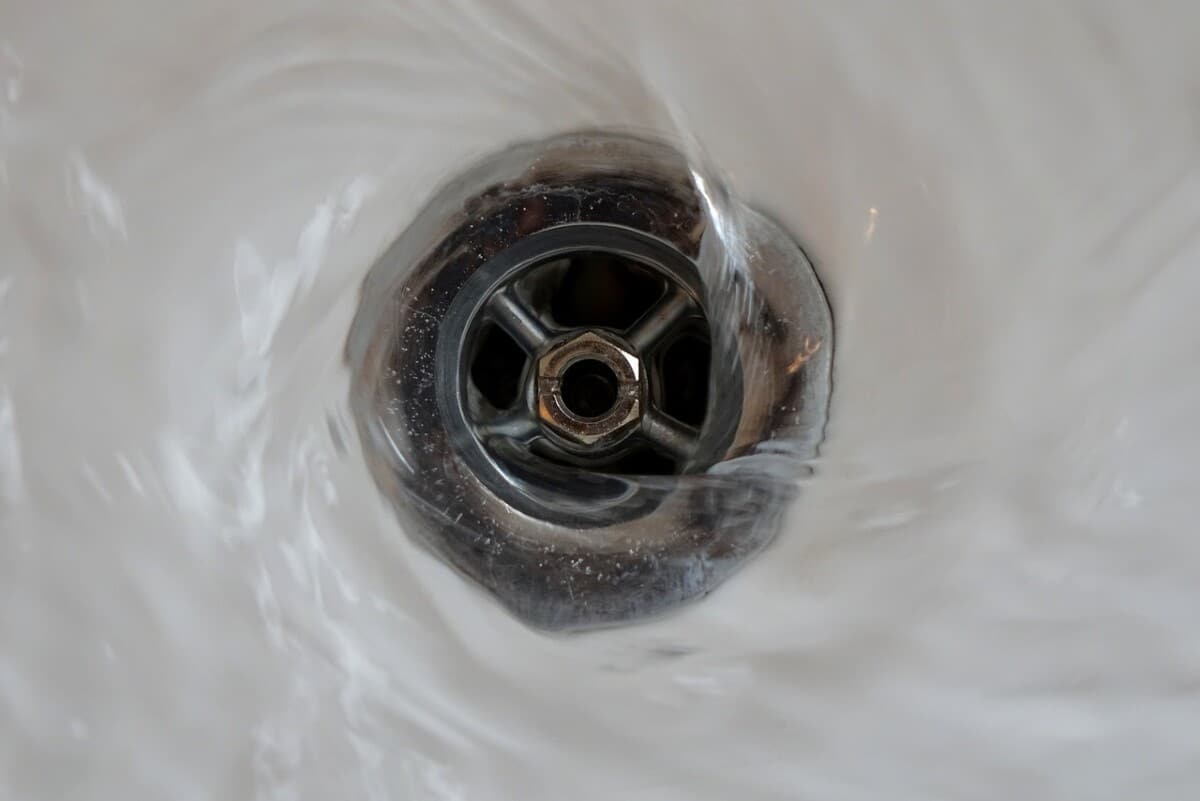Clogged drains are a familiar woe for homeowners – especially those looking to sell their home, causing inconvenience and potential damage if left unattended. The good news is that many drain blockages can be tackled with a bit of know-how and some simple tools. In this comprehensive guide from our Glasgow Estate Agency team, Lomond explore various methods on how to unclog a drain, offering practical solutions to keep the water flowing smoothly.
Signs of a Clogged Drain
Before diving into solutions, it’s essential to recognise the signs of a clogged drain. Look out for:
- Slow Drainage:
- Water taking longer than usual to drain from sinks, showers, or bathtub.
- Unpleasant Odours:
- Foul smells emanating from drains, indicating the presence of trapped debris.
- Gurgling Sounds:
- Odd gurgling noises when water is draining, suggesting an obstruction in the pipes.
DIY Methods to Unclog a Drain:
- Boiling Water:
- For minor clogs, start with pouring boiling water down the drain. This can help dissolve grease and soap scum.
- Baking Soda and Vinegar:
- Pour a cup of baking soda followed by a cup of vinegar. Cover the drain and let the mixture sit for 15 minutes before flushing with hot water.
- Plunger Power:
- Use a plunger to create a seal and apply rhythmic pressure. This method works well for sinks and tubs.
- Wire Hanger or Drain Snake:
- Straighten a wire hanger or use a drain snake to break up and pull out blockages. Be gentle to avoid damaging the pipes.
Prevention Tips:
- Mesh Drain Screens:
- Install mesh screens in sinks and tubs to catch hair, soap, and other debris before they reach the drain.
- Regular Cleaning:
- Implement a monthly cleaning routine using a mixture of baking soda and vinegar to prevent build-up.
- Dispose Wisely:
- Avoid pouring grease, coffee grounds, or large food particles down the sink.
When to Call a Professional:
While DIY methods are effective for minor clogs, there are instances where professional help is necessary:
- Persistent Clogs:
- If the clog persists despite your efforts, it may require professional attention.
- Foul Odours:
- Persistent unpleasant smells may indicate a more significant issue in the plumbing system.
- Multiple Clogged Drains:
- If multiple drains are affected simultaneously, it could be a sign of a more extensive blockage in the main sewer line.
Conclusion:
Maintaining free-flowing drains is a key aspect of home maintenance. With the right tools and techniques, you can tackle minor clogs on your own and prevent future issues. However, it’s crucial to recognise when a clog requires professional intervention. By staying proactive and incorporating preventive measures, you can keep your drains clear and your plumbing system in top condition.
Love property maintenance tips? Why not check out our Guide To Boiler Pressure
Learning about Property Maintenance as you’re thinking of selling your home? Speak with Lomond Property Today.








